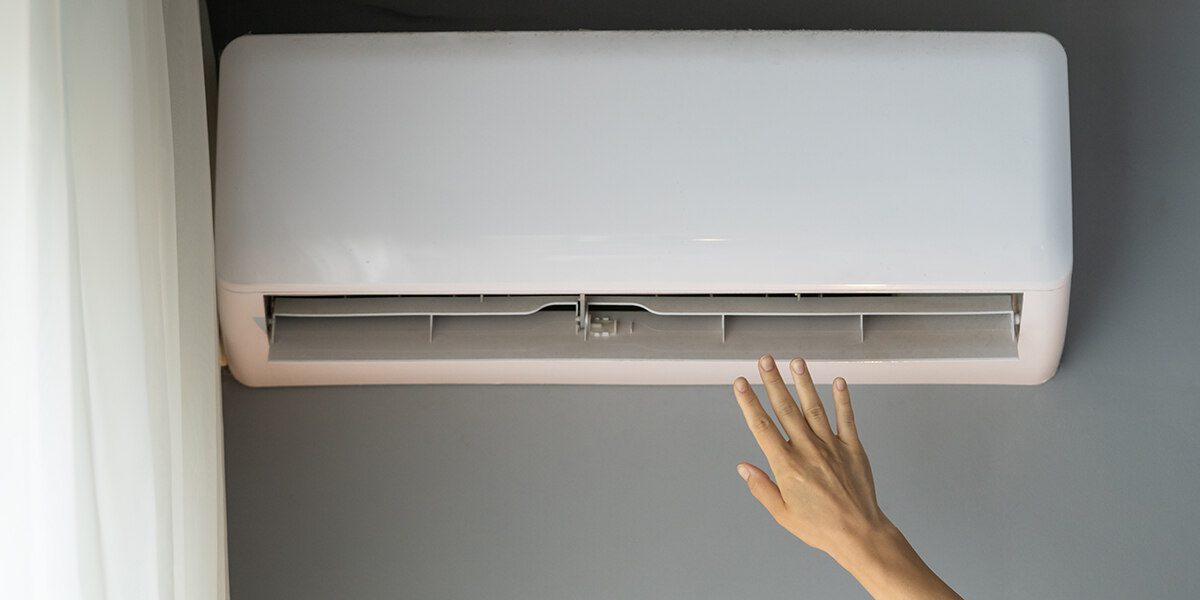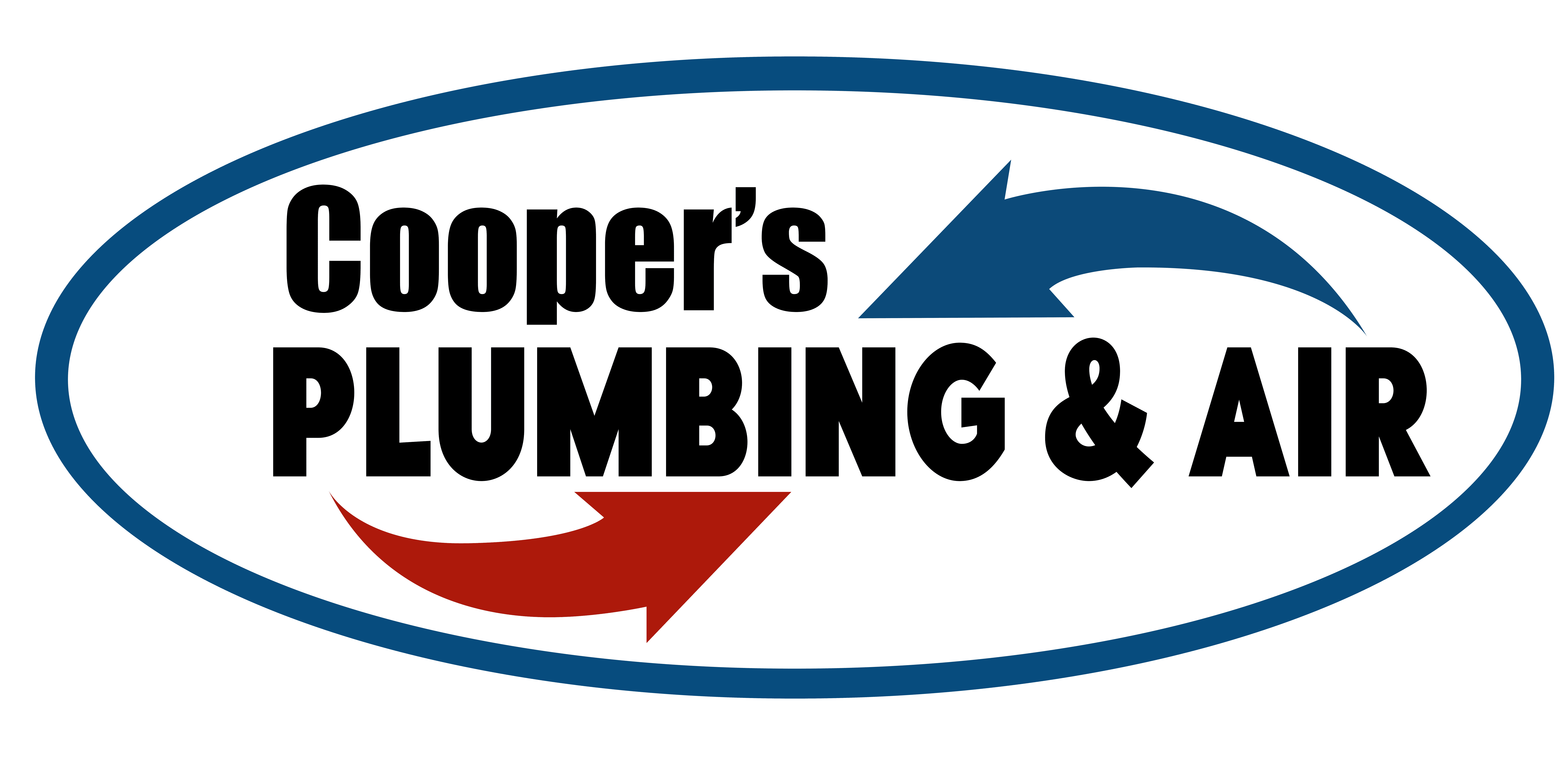
We’ve all been there on a hot day, wondering why our air conditioner isn’t running at full blast. When air conditioner issues arise, troubleshooting can help solve the problem so that you know what request to make when you call an HVAC professional to come and fix it. If you’re wondering, “Why does my air conditioner turn off by itself?” then allow Cooper’s Plumbing & Air, a provider of reliable AC repair in Tallahassee, FL, to explain everything you need to know about AC troubleshooting for short-cycling.
Eight Reasons Why Your Air Conditioner Turns Off by Itself
If your air conditioner is turning off by itself, you likely have a short-cycling issue. Short-cycling is when the air conditioner goes through quick fits of operation, unable to cool the room completely. The unit will switch on, run for a few minutes, and then shut off.
If you’re running into AC problems that cause your unit to short cycle, you may have some of the following issues.
1. Faulty Thermostat
If your air conditioner is short-cycling, you may have a problem with your thermostat. Your thermostat is responsible for telling your air conditioner when to cool your home, so if it’s broken, then your air conditioner may short-cycle from the feedback it receives. Thermostat issues can be as simple as needing to change the batteries, or as complex as a wiring issue that only an HVAC expert can solve.
If your thermostat has a fading screen, there is likely an issue with your batteries rather than with the thermostat itself. Having low battery power on your thermostat can cause it to send delayed signals to your air conditioner, causing it to short-cycle.
2. Dirty Air Filters
If you’re wondering, “Why does my air conditioner turn off by itself so often?” then be sure to check your air filter before calling anyone. Dirty air filters can also cause an air conditioner to short-cycle if the dust impacting the machine is thick enough. Dust and dirt have a tendency to insulate, which means if your air filter is full of it, the unit can struggle to run as it should.
Dust-filled air filters can clog the air conditioner, which can cause problems throughout the unit for more sensitive parts, like the condenser coil or the start capacitor.
3. Dirty Condenser Coils
Your condenser coils are responsible for cooling the air that passes through your air conditioner. If your condenser coils get too dirty, they could overheat, which not only makes the air conditioner inefficient, but potentially dangerous. Your condenser coils are in control of maintaining the refrigerant for your machine, which means dirty ones can get too hot and blocked by debris to function.
4. Faulty Capacitor
Your capacitor is like the ignition for your entire air conditioning system; if it breaks, you have no power. Your AC turning off frequently may be a sign that your capacitor is either damaged, dirty, or otherwise inconsistent with the power. The capacitor is critical to run electrical currents through your air conditioner, not just to turn it on but to sustain power.
If you’re wondering, “Why does my air conditioner turn off by itself after 10 minutes?” your capacitor may be damaged. A faulty capacitor can’t consistently maintain power, which explains any short-cycling that occurs when it sporadically functions.
5. Low Refrigerant
If you have low refrigerant, then your air conditioner no longer has any way to perform heat exchange. In a healthy, fully functioning air conditioner, the refrigerant is condensed in the condenser coils, where it cools and helps keep your air comfortable. If you have a leak from a faulty condenser, this problem can lead to a complex issue where your air conditioner starts to short-cycle due to low refrigerant.
6. Inappropriate Thermostat Settings
Sometimes, the most common air conditioner problems are those that we cause ourselves. If you’re running your air conditioner all day every day by telling your thermostat to leave the unit on, this habit has the potential to run your unit into the ground. Or, if your thermostat is in a hotter or colder part of the room, it may be giving your air conditioner faulty instructions.
When addressing air conditioner issues, consult your thermostat first for problems. Since everything starts with your thermostat, monitor your short-cycling to see if there’s a pattern and if it has anything to do with your thermostat.
7. Oversized Air Conditioner Unit
Having an oversized air conditioner seems like a good thing, but that’s not so. An oversized air conditioner unit is a bad fit for a small home because it’s so powerful that it causes itself to short-cycle. Having the air conditioner cool your home too quickly due to oversizing isn’t optimal because short-cycling can cause the unit to wear out faster. Sensitive parts, like the capacitor, will need replacing more often, too.
8. Undersized Air Conditioner Unit
The opposite problem is also incredibly harmful to your air conditioner. If you have a unit that’s too small for your living space, it will work tirelessly to cool it. This issue can cause your air conditioner to overheat and short-cycle in an attempt to cool the room.
If you own a mobile air conditioner unit, it can’t sufficiently cool an entire home. In this case, the solution is to designate the mobile air conditioner for a single room and purchase additional units until your home’s temperature is at a comfortable level.
Work With Cooper’s Plumbing & Air for Your HVAC Needs
If you’re satisfied with our answer to the question, “Why does my air conditioner turn off by itself?” then allow Cooper’s Plumbing & Air to help you with all your AC maintenance needs. If you’re wondering why your air conditioner can’t keep up with the heat, why your air conditioner smells, or what parts of the AC unit easily break, Cooper’s Plumbing will work with you to find the solution. To schedule a consultation with us, reach out on our website or call us at 866-464-7132. We look forward to your call!
